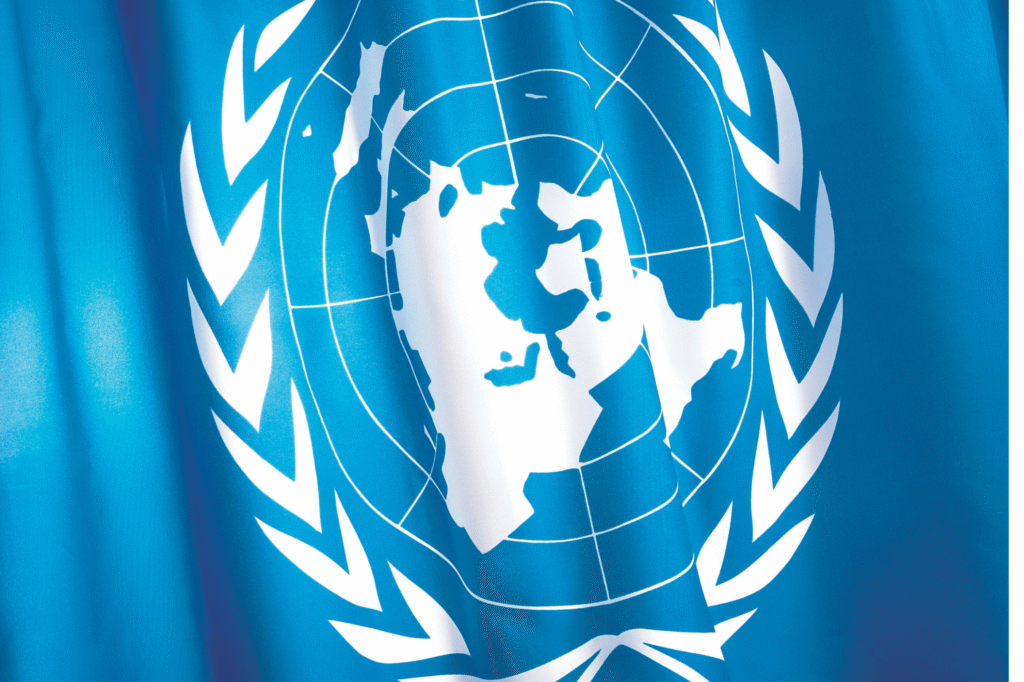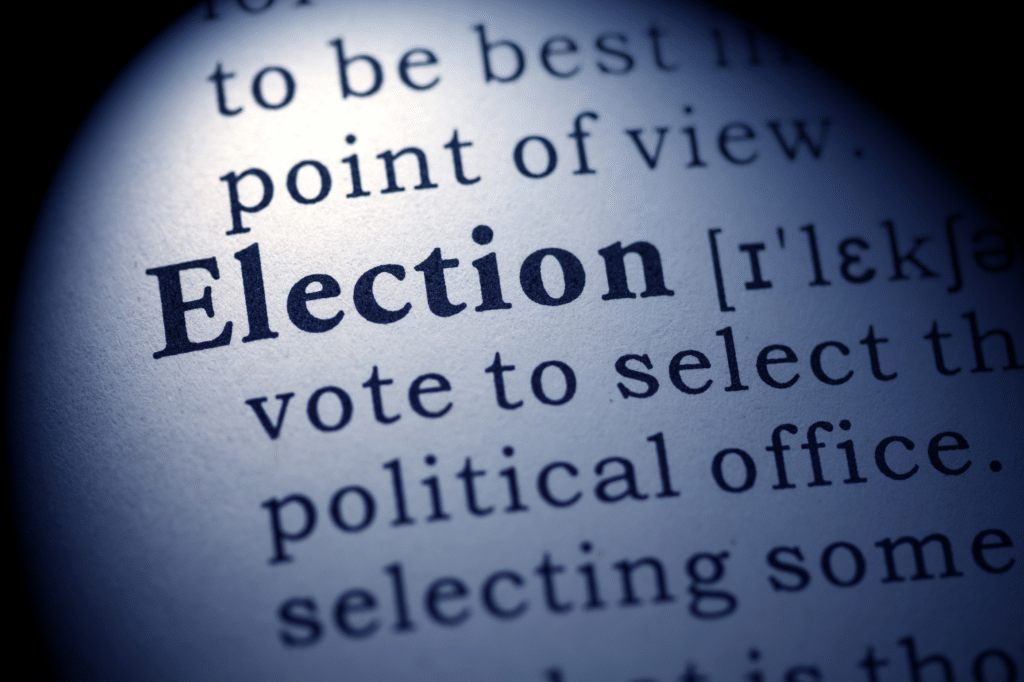Geopolitical Analysis: The UN’s Delayed Two-state Solution Conference

Location: New York City Executive Summary The delayed UN conference on the two-state solution between Israel and Palestine is set to take place on Monday, July 28, 2025, at the United Nations Headquarters in New York. Co-hosted by Saudi Arabia and France, the conference is expected to discuss a two-state solution of urgent importance. Israel has already denounced the conference and will not attend, while the United States claims that it is a “gift to Hamas” and has boycotted the conference as well. The UN initially scheduled the conference in June, but it was postponed due to further instability in the Middle East, with the war between Israel and Iran. Importance Although delayed, the UN conference provides a significant arena for discussing the potential end of the 22-month war between Hamas and Israel and to pursue a diplomatic future between Israel and Palestine. However, its effectiveness is highly constrained by the lack of support from the United States, a critical actor whose backing is crucial for facilitating an actionable stop in the conflict. More importantly, Israel, one of the key parties in the two-state solution, has refused to acknowledge or participate. While the UN conference, together with Saudi Arabia and France, reflects commendable intentions, the prospects for an actionable two-state solution remain far distant at this time. Analysis Political Without the United States’ support and Israel’s acknowledgment and participation, there is likely a lack of leverage to back the conference and the two-state solution, in general. Diplomatic There is limited diplomatic support without the key actors involved, Israel and the United States. Security Prepare for potential violent protests outside the UN headquarters in New York City, at universities, and in other areas of the city, both before and after the conference. Regional Without the United States and Israel’s support, Saudi Arabia and France are left to assume central roles in mediation and will likely shape the peace process. Ongoing regional conflicts, such as those between Hamas and Israel and Israel and Iran, will likely continue to overpower the peace process for a two-state solution. References Associated Press. (2025, July 28). UN meeting on two-state solution for Israel, Palestinians begins. AP News. https://apnews.com/article/un-meeting-palestinians-twostate-israel-conflict-us-1ca1c5953ca31f76682276fa024a381b Reuters. (2025, July 28). Ministers gather at UN for delayed meeting on Israel-Palestinians. Reuters. https://www.reuters.com/world/middle-east/ministers-gather-un-delayed-meeting-israel-palestinians-2025-07-28/
Geopolitical Analysis: Syria Approaches Its First Post-Assad Election in October

Location: Damascus, Syria Executive Summary Syria is preparing for its elections to the People’s Assembly, the country’s legislative body, which is responsible for creating and passing laws, overseeing the budget, and monitoring the government. The elections aim at a broader political reform. International attention is focused on participation and transparency. Importance The upcoming election represents the country’s first democratic process, and its success is critical to determining Syria’s move towards substantial political reform. President Ahmed al-Sharaa emphasizes the importance of free elections for all the Syrian people, denounces denominational divisions, ensures that women are represented and can actively participate, and ensures that the electoral process is transparent, with oversight from local communities and international organizations. Analysis Political There are currently no publicly stated shifts in legislative practices in the future. Political participation is anticipated; however, the current administration’s authoritative dominance is expected. Oppositions are unlikely and are to remain limited or absent. Women’s participation in elections and representation in the legislative body, with specific positions, is insufficiently documented. Diplomatic International support from countries will likely vary; other countries opposing or have yet to broadly engage and recognize the current administration will likely not support the election results. International organizations’ support will likely vary; other organizations opposing the current administration will likely raise concerns over human rights abuses, women’s rights, and question the inclusivity of non-muslim communities. Security The ongoing conflict in Southern Syria involving the Druze, a minority in Syria, and the Bedouin will likely present security risks before, during, or after elections. Security will likely increase its presence during the electoral process, specifically in urban areas with significant populations and those known to be highly vulnerable to sectarian tensions. Interruptions to both digital and non-digital processes during the election are likely to affect the operation’s flow across the country. They will likely prompt concerns about the transparency and legitimacy of the election results. Regional Regional responses will likely align with their political interests and remain unchanged even after the election. Turkey, Jordan, and Lebanon, countries that have borders with Syria, are likely to monitor the election process for potential border tensions, violent escalation, and any changes in refugee returns after the election. References Syrian Arab News Agency. (2024, July 28). Al-Ahmad: People’s Assembly elections are scheduled to occur between September 15 and 20. Syrian Arab News Agency. https://sana.sy/en/?p=366221
